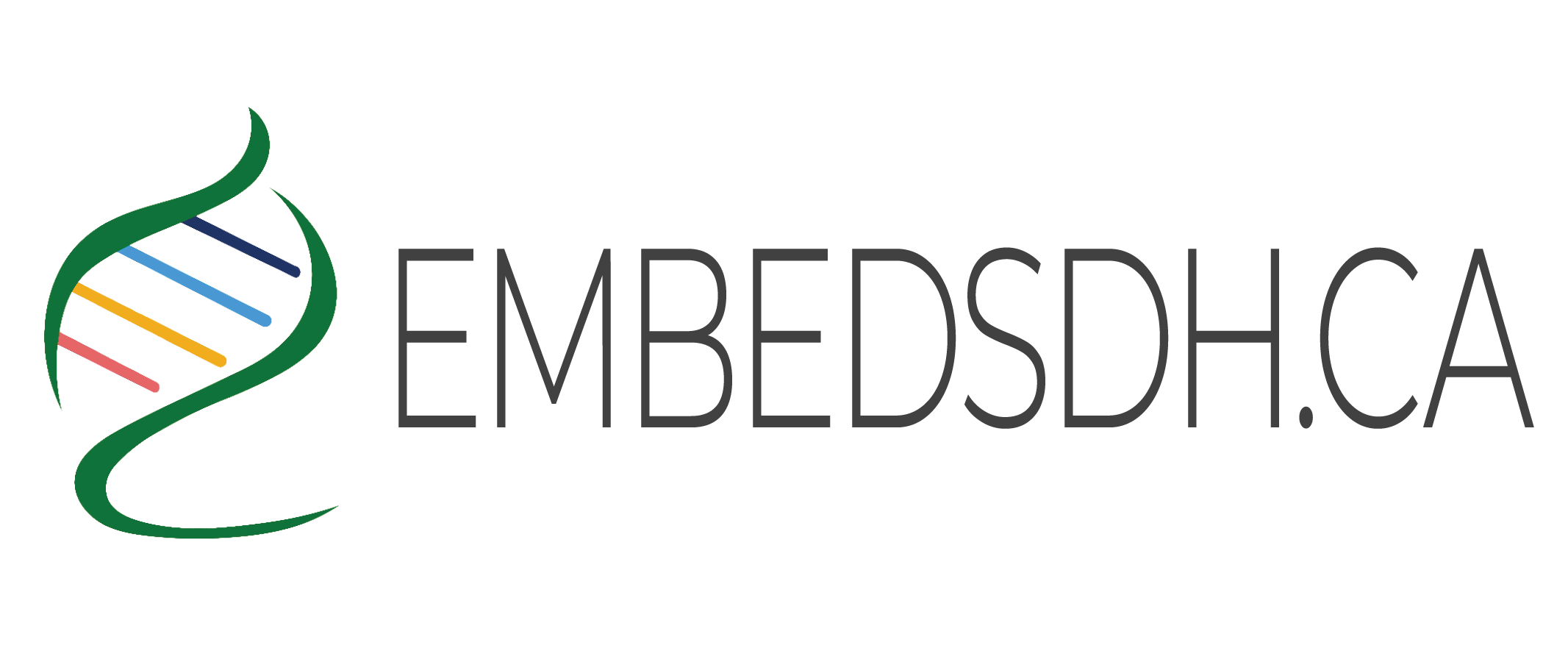NOTE for Physicians: This section provides detailed information for PCN Change Support Staff who will support you to embed SDH in your clinic. Feel free to review it, but don’t worry about the details. Your PCN Practice Coach will work with your clinic to develop an Implementation Plan that addresses your priorities.
PRACTICE
SOCIAL DETERMINANTS OF HEALTH
IN YOUR CLINIC
PCN Practice Coaches, based on clinic interest, capacity and competency, will include these practices in Implementation Plans and support clinics to achieve them.
1. Rostering – Patient rostering is a core element for PCN clinics, designed to build a relationship between physicians and patients. Physicians commit to providing comprehensive care, through regular office hours, telephone consultations and on-call services. Patients commit to seeking treatment from their enrolling physician or group whenever possible.
2. Workflow Implementation – clinic staff may need to be engaged in more detailed planning to ensure systems and protocols are in place to collect and record vital information from patients.
- Who will collect the data – clinical or non-clinical staff?
- Will there be a dedicated staff person, a social worker, for example?
- When will data be collected? Where?
Plan for a private space that ensures confidentiality, at a time that does not add to the patient visit. Determine how data quality could be improved and embed SDH indicators into the clinic’s EMR.
3. Plan for comprehensive care, through regular office hours, telephone consultations and on-call services.
4. Offer timely access to help patients with economic and social pressures keep their appointments, including advanced access and same-day scheduling, through
- Team care
- Extended hours
- Email, telephone and text support
- Group visits
- Self-care and patient education
- Home and community care
Support tool: Have clinic staff take advantage of Advanced Access training, offered through GPSC’s Practice Support Program (PSP). Reported benefits include enhanced patient care, and reduced patient wait times for regular appointments (74% of participating practices) and urgent appointments (49% of participating practices).
Support tool: Have clinic staff learn how to fill out Persons with Disabilities and Persons with Multiple Barriers forms (webinar coming soon).
5. Trauma Informed Care – Prepare to deal with victims of violence by creating a safe and responsive environment. Follow the steps laid out in the EQUIP Trauma- and Violence-Informed Care Tool
6. Harm Reduction – Follow a harm-reduction approach, as the harms of substance use are increased by social conditions (abuse, trauma, grief, loss, and social determinants of health such as low income and inadequate housing)
7. Cultural Safety – Assess your practice for cultural competency. Offer Indigenous Cultural Safety Training, an 8-hour, facilitated on-line training program offered by the Provincial Health Services Authority to increase knowledge, enhance self-awareness, and strengthen the skills of those who work with Aboriginal people
8. Empathy – Embedding empathy into practice leads to more satisfied patients, better clinical outcomes, higher reimbursement, and less stress.
How is the Team Doing?
Measures of Success
Goal: Practices are open and accessible to all.
- Patients are provided needed advice/care 24 hours a day, 7 days a week, 365 days a year.
- Electronic Medical Records are reviewed, looking for: SDH/disease state combinations and SDH / population combinations
- The PSP Self Assessment Tool for Patient Medical Home practices reviews how the practice applies patient centredness, team-based care, timely access, comprehensive care and continuity of care, particularly for those patients with SDH challenges.
- Patient appointments are tracked to determine whether timely access results in fewer missed appointments, and whether medical appointments are being reduced because of additional community support being offered.
Assessing your progress
A Self-Assessment Tool will help you analyze how closely your practice aligns with the principles of PCN clinics, including: patient centredness, team-based care, timely access, comprehensive care and continuity of care, all of which also support a SDH-oriented practice. Indicators specific to SDH are incorporated into this toolkit to help you with this task.
